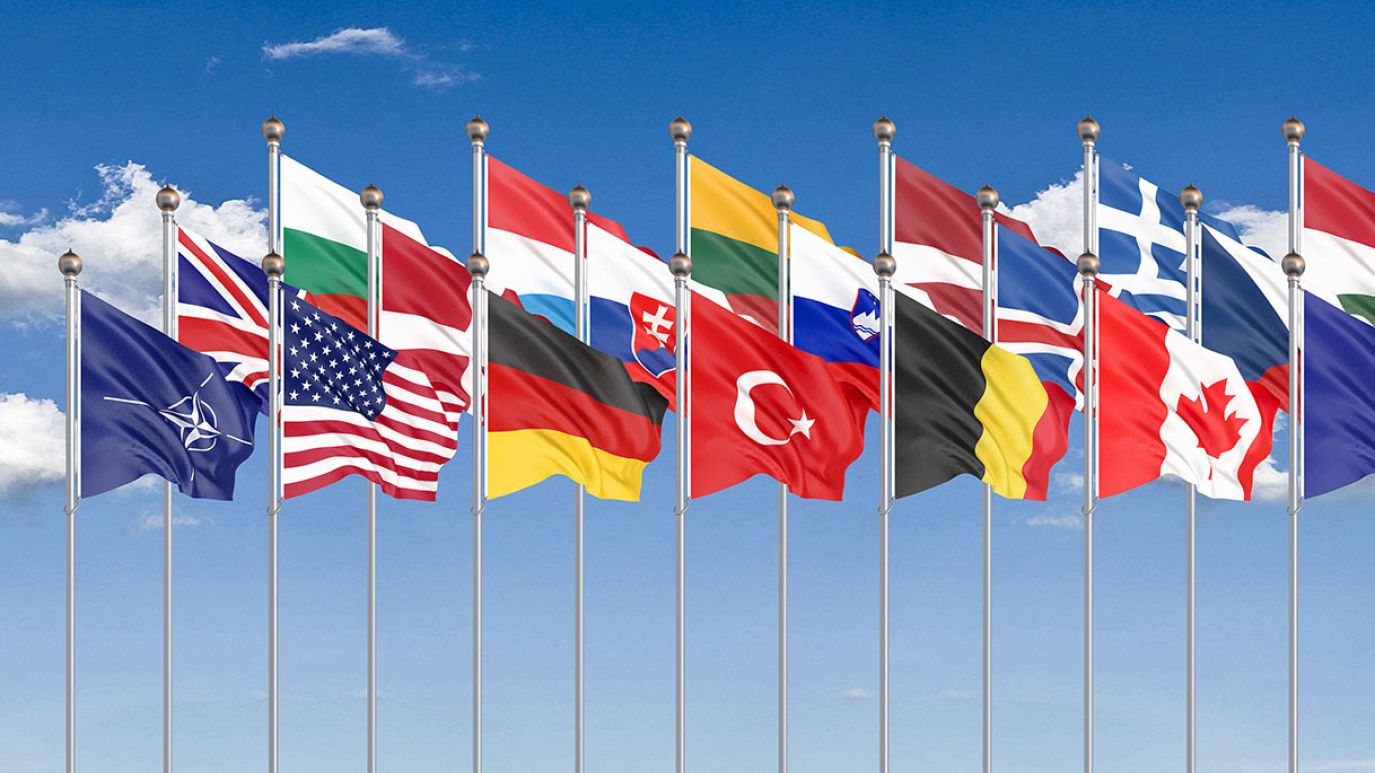NATO angers China. France blocks NATO liaison office in Tokyo

Beijing criticized NATO’s calling out China’s aggressive behavior and disruption of a rules- based world order, further raising tensions between China and NATO member states. China is attempting to exploit divisions within NATO to halt the alliance’s expansion into the Indo-Pacific.
Between 26-29 July, Japan and France held their first-ever joint fighter jet drill. The exercise was aimed at deepening bilateral defence cooperation to ensure an open Indo-Pacific region. France, of course, has a long-held interest in the region with several French island territories, and the exercise was part a larger French exercise, codenamed Pegase 2023, taking place across the Indo-Pacific over the following weeks.
The exercises followed the 2023 NATO Summit held on 11-12 July in Lithuania’s capital Vilnius, which included leaders from South Korea, Japan, Australia, and New Zealand and discussed ways to respond to China’s attempts to change the status quo across the Taiwan Strait and in the South and East China Seas.
Most of the Summit’s 11 July communiqué was devoted to the war in Ukraine and to NATO’s development, but three of its 90 sections addressed China’s coercive measures, NATO engagement with China, and the China-Russia partnership. Of course, this drew Beijing’s ire.
China’s Mission to the EU immediately denounced the China-related sections in the communiqué, stating it “ignored the facts, wantonly distorted China’s positions and policies, and deliberately smeared China.” The Chinese statement accused NATO of being filled with “Cold War mentality and ideological bias” and criticized NATO of “interfering in affairs outside of its region and creating confrontation.” It said China is “firmly opposed to NATO’s eastward expansion into the Asia-Pacific region and will firmly safeguard its sovereignty, security, and development interests.”
China’s Mission warned, “Any act that jeopardizes China's legitimate rights and interests will be met with a resolute response.” On 12 July China’s Foreign Ministry issued a similar statement.
But, another proposal NATO put forward at the summit was the idea of opening a NATO liaison office in Tokyo. However, French President Emmanuel Macron blocked the move, stating that NATO stands for North-Atlantic and that it should focus on that region. Western media report that this refusal left many NATO members infuriated.
It is these types of divisions among NATO members that Beijing is taking advantage of in preventing the expansion of NATO interests into the Indo-Pacific region. Indeed, in response to the NATO communiqué, Chinese media attacked NATO, describing Turkey’s last-minute agreement to let Sweden join NATO as an “interest trade” in exchange for the US final agreement to sell F-16s to Turkey and EU’s agreement to start the process for Turkey to join the EU.
It raises the question of NATO’s cohesion. President Macron has for some time been a critic, stating in the past that NATO can no longer rely on US protection. Ukraine President Volodymyr Zelensky has even gone as far as to say that France and Germany’s blocking of Ukraine’s entry into NATO in 2008 was responsible for Russian aggression.
At the same time, the next NATO summit in Washington in 2024 will discuss the issue of 2% metrics – each ally must spend more than 2% of their GDP to meet the modernization program essential to meet emerging threats. But, as of 2023, only 20 out of 32 members do meet the 2% criteria.
Pamir assesses that China may use NATO’s declared stance and decision to place the creation of a Tokyo liaison office on the backburner, along with fissures in the alliance, to pursue more aggressive assertions of maritime sovereignty. Beijing’s staunch opposition to any Japanese engagement with NATO reflects deeper apprehensions of NATO’s strategic intent towards the Indo-Pacific.
China is certain to exploit apparent divisions over whether to formally include Japan in the partnership. China prefers bilateral engagements to push its agenda and probably will court other leaders in efforts to thwart NATO expansion.
Pamir observes that as China ramps up closer monitoring of NATO developments, US companies supporting business operations related to NATO member states will likely become targets for intelligence collection and intensified economic coercion.
To find out more about potential NATO expansion and its business impact, contact Pamir today. As well as risk assessment and strategic advisory for US firms operating in China, or looking to, we perform thorough research and investigation about all aspects of greater China.
China’s 5G influence in developing economies
China’s Belt and Road Initiative and its digital counterpart, the Digital Silk Road, threaten to displace US telecom and tech companies in developing economies in Africa, Latin America and the Middle East. How can US operators and network providers stand up to the challenge?